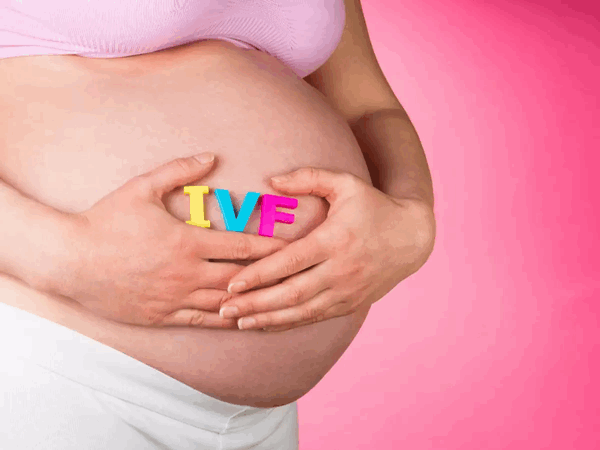In-Vitro Fertilization IVF is a medical intervention used to treat women who have infertility. IVF literally means “fertilization in glass,” except nowadays, it is no longer in glass but plastic test tubes.
IVF is a highly intensive and involved process requiring many complex steps. At its core, the procedure involves fertilizing an egg with sperm inside an external incubator to form an embryo, then implanting the most viable embryo back to the uterus, where it will continue to develop normally.
If your specialist has determined that IVF is the most viable method to treat your fertility, you can expect that your treatment will progress along the lines of these stages:
Ovarian Stimulation and Monitoring
Prior to IVF, there will be an evaluation of the fallopian tubes and uterus to ensure nothing requires surgical repair. Pre-cycle testing will include a hormonal assessment that assesses thyroid function and ovarian reserve. Both partners will be screened for Sexually Transmitted infection along with seminal analysis of the male spouse or partner.
Most women will take ovarian stimulation fertility medication for 8-14 days — the average duration is ten to eleven days — so that multiple eggs mature for egg retrieval instead of the single egg the body releases typically during ovulation. Numerous eggs are required for IVF because it boosts the rate of conception/success. About 10 to twenty eggs are usually retrieved for IVF.
Your physician will design a carefully individualized protocol to attempt collection of the maximum number of eggs and prevent the development of Ovarian Hyperstimulation Syndrome (OHSS), a possible side effect of egg retrieval. During this phase, you’ll be monitored closely through hormonal testing and vaginal ultrasounds. These tests are used to determine the condition of the developing eggs and the best time for retrieval. Once an ultrasound can show that there is a sufficient amount of egg follicles and your estrogen level is appropriate, you will receive a trigger shot of hCG. hCG is a similar medication that replaces the luteinising hormone surge a woman will experience naturally, which catalyzes or spurs the final stage of egg maturation in which the eggs become ready for fertilization.
Egg Retrieval
Thirty-four to thirty-six hours after receiving the trigger shot — before the ovaries release the eggs — you will undergo a surgical procedure under twilight sedation to extract the egg follicles from your ovaries. A transvaginal ultrasound is used to guide a tiny needle through the vagina visually, going from one ovary to the other.
Once the semen sample has been collected, the Embryologist will run it through a special washing protocol to separate the sperm from other components of semen. The Embryologist or fertility specialist will choose the “best-looking sperm” to pair with an egg.
After the retrieval phase, the follicles will be searched for oocytes or eggs — every egg follicle won’t contain an egg.
An Embryologist will inspect the eggs for appropriate maturity. Within 12-24 hours, the eggs will be mixed with your partner’s sperm and placed in a culture dish or incubator until fertilization occurs.

Embryo Transfer
Three to five days after fertilization, the Embryologist will identify the most viable-looking embryo for implantation. Usually, embryos are genetically screened to assess health through Genetic preimplantation diagnosis (PGD) or Preimplantation Genetic Screening (PGS).
A thin catheter will implant the embryos along with a little bit of fluid through your cervix.
Progesterone Support and the 2-Week Wait
On or after your day of retrieval and just before the embryo transfer, you’ll begin a course of self-administered Progesterone supplements. In IVF, progesterone is an intramuscular self-injection based in oil. At other times, it might be taken as a pill, suppository, or vagina gel.
This two-week wait period is widely regarded as the most challenging part of the entire IVF process because the anticipation of conception is a constant feeling.
Pregnancy Test and Follow-Up
About two weeks after your embryo transfer, a pregnancy test will be ordered by your physician. This test is usually a serum pregnancy test and will also include progesterone levels tests. The tests may be repeated every few days until there is conclusive evidence that you’re pregnant.
Author bio:
Natalie Bowes, B.A. (Integrative Physiology with focus on Endocrinology, Immunology, and Microbiology) Intended Parents Coordinator and Educator at RSMC Shelooks after the hopeful parents walking through the doors of RSMC and makes sure their parenthood journey progresses smoothly and successfully. Her past patient care experience and academic feats allow her to help intended parents understand every aspect of IVF journey.